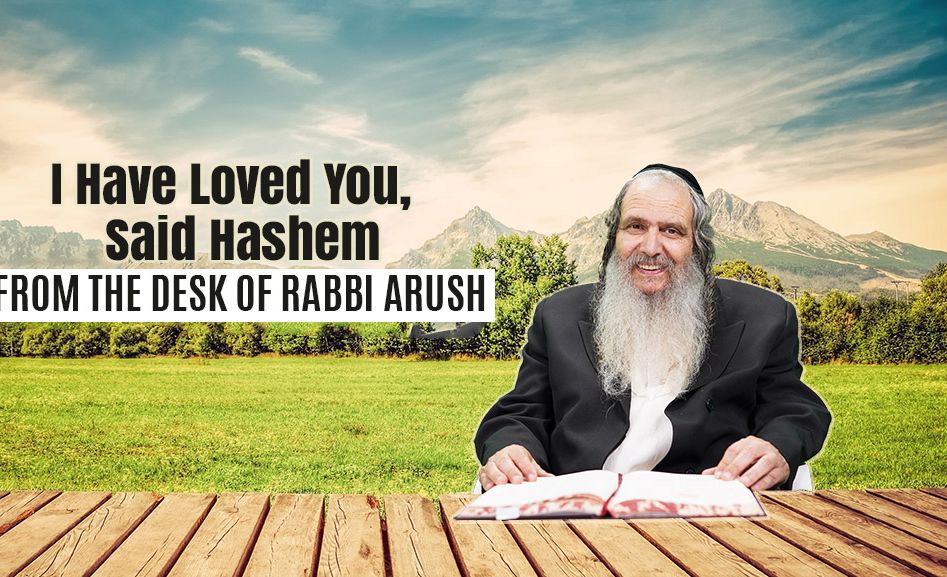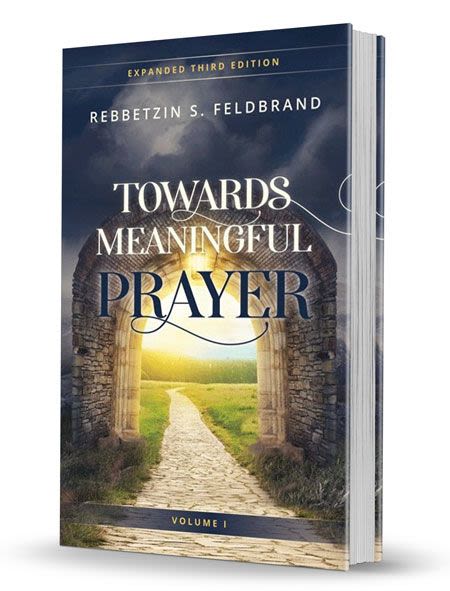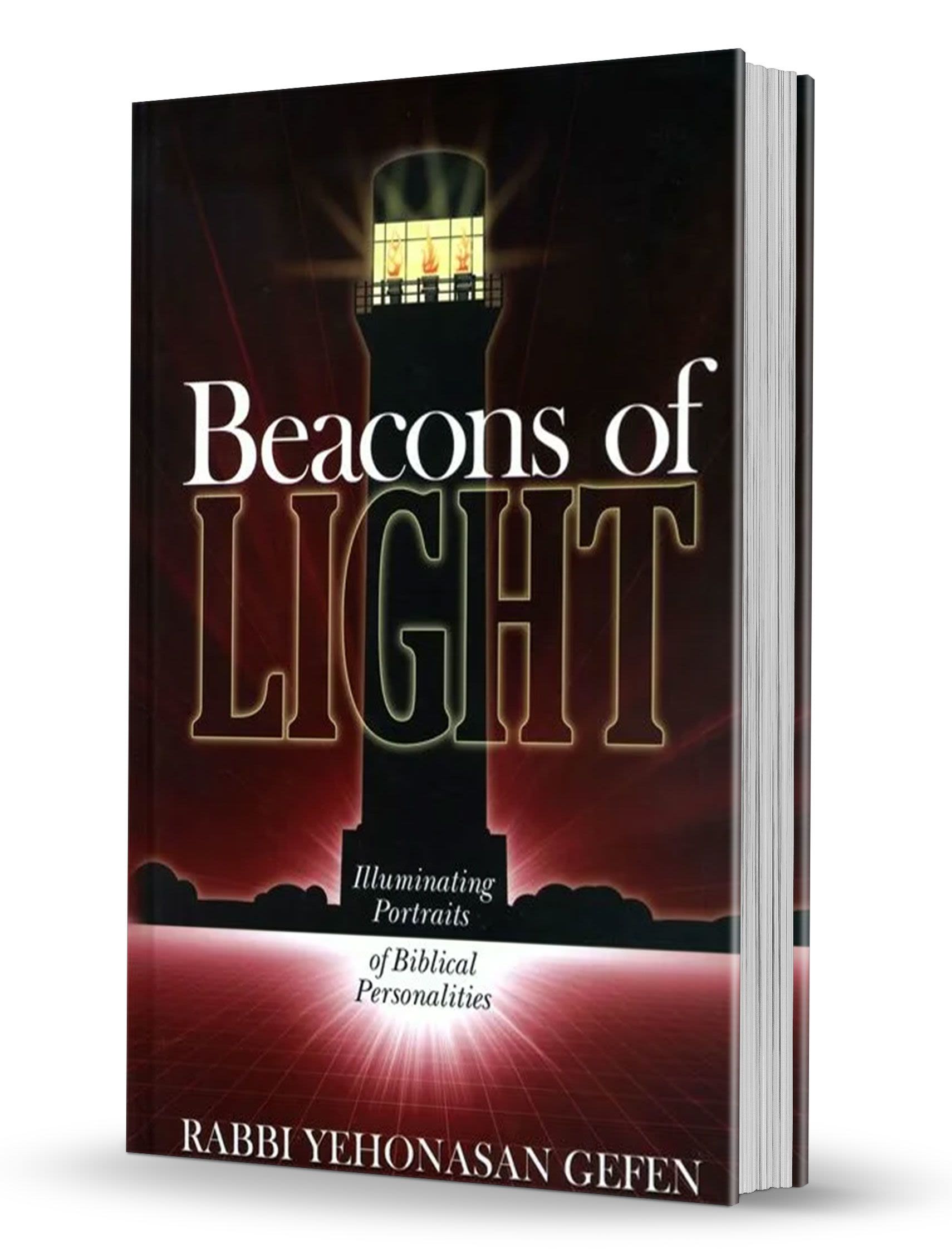
The Hour Has Come
Anyone who persists and doesn’t give up will see that one day the long-awaited moment will come and all the ice will just melt away, leaving his heart wide open…

Translated by Chana Cohen
It’s time for the meeting and you don’t feel like you’ll be able to make it. You want to go out but then remember that you set aside a specific time for hitbodedut (secluded personal prayer) every day. But sometimes you go to pray and then you can’t get even one word out. It happens! Your heart feels cold and hard. You feel pressured and upset and your clenched teeth won’t let you get a word out.
So you sit in your room or out in nature somewhere. You are determined to speak to G-d and you remain where you are in silence. Then you lift your eyes up to heaven and wait. This time is very valuable. This quiet, meditation, and waiting is filled with longing and thinking. It’s important to know that this effort in and of itself is extremely valuable.
We’re here to do our best and try. Whether or not we succeed is not in our hands. The effort itself is already part of the result.
One who is silent so that he can speak is already bringing down the inspiration for what he’ll say later  and this Talmudic statement hints to that when it says, “The boundary for wisdom is silence.” Meaning, the silence prepares for, qualifies and defines the inspiration for the wisdom.
and this Talmudic statement hints to that when it says, “The boundary for wisdom is silence.” Meaning, the silence prepares for, qualifies and defines the inspiration for the wisdom.
Nevertheless, it’s worthwhile to try to speak even if you just say the words “Master of the Universe” over and over and over.
A Chassid once admitted that he didn’t say anything other than “Master of the Universe” over and over, about three thousand times! After hearing this story, Rabbi Aryeh Kaplan said that the expression “Master of the Universe” was one of Rabbi Nachman’s mantras. He strongly recommended that we do what that Chassid did (especially since Rabbeinu said that when it is difficult to speak with Hashem one should simply say “Master of the Universe!”).
All those experienced in personal prayer promise anyone who persists and strengthens himself that one day the ice will melt and his heart will open. These are moments of great happiness, which are the climax and end result of the persistence.
There is nothing more beautiful than an intimate moment with our Creator. The world looks brand new. We feel recharged with strength and hope. We’ve been revived. The shadows can’t scare us anymore and the delusions are less tempting.
There is a story of a Chassid who passed through the marketplace and met a Torah observant Jew who was arguing with a man who was far from Torah and mitzvot regarding the existence of the Creator. Since the observant Jew had already used up all his arguments and had not succeeded in persuading the non-observant Jew at all, he asked the Chassid to help him. The Chassid exclaimed with amazement: “The existence of the Creator? I just spoke with Him a few minutes ago!”
Anyone who is honest can attest to the fact than no downfall, doubt or heresy can erase the impression of this deep conviction from one’s heart. Even if all of the efforts throughout all the years were dedicated just to achieving this kind of faith in the Creator, it would be enough.
* * *
“A person should always thank for the past and request for the future.” (Talmud, Berachot)
Although the intention of the above statement is to negate the opposite theories (such as asking for the past, etc.), the Gemara also hints at an excellent preparation plan for prayer. We will sketch out this plan and try to find its full meaning so that we can use it correctly and efficiently.
Regarding the past:
We must recognize the thousands of kindnesses and miracles that G-d did for us in the past. He helped us come closer to Him, and recognize what He desires. We must thank Him for all of the physical kindnesses – good health, success and prosperity. We must sing songs and praise Him, bless Him and thank Him, for it is not very good manners to ask our Creator for more before thanking Him for what we already have.
Also, we must recognize our past mistakes and admit them clearly before G-d. This confession is necessary for repentance. Letting go of fears, learning from experience and attaining the Hidden Light all depend on it.
Regarding the future:
We should request to never lack good health–even if we’re healthy; sustenance–even if we lack nothing; and understanding–even if we have acquired a lot of knowledge. Finally, pray to be protected from all expected and unexpected dangers, spiritual or physical. We should pray for these things all the more if we are lacking in these areas.
The Talmud is teaching us that prayer and begging Hashem should be applied for your future. The past is behind us. At any moment things can change for the better. As Rebbe Nachman of Breslev says, “Don’t let yourself age”, meaning keep working on yourself and growing through prayer.











Tell us what you think!
Thank you for your comment!
It will be published after approval by the Editor.